Professor Michael Herzfeld, Harvard University
“Crypto-Colonies in Europe and Asia: Dignity and Defiance in Political Hotspots”
Professor Michael Herzfeld is Ernest E. Monrad Professor of the Social Sciences in the Department of Anthropology at Harvard University. Before moving to Harvard, he taught at Vassar College (1978-80) and Indiana University (1980-91), where he served as Associate Chair of the Research Center for Language and Semiotic Studies, 1980-85, and as Chair of the Department of Anthropology, 1987-90. He has also taught at the Ecole des Hautes Etudes en Sciences Sociales (1995), Paris, at the Università di Padova (1992), the Università di Roma “La Sapienza” (1999-2000), and the University of Melbourne (intermittently since 2004), and has held a visiting research appointments at the Australian National University and the University of Sydney (1985), at the University of Adelaide, and at the Université de Paris-X (Nanterre) (1991).
His major general research interest is currently the comparison of the forms of historical experience among Greek, Italian, Thai and other cultures. He has written extensively on anthropological and semiotic theory, narrative, metaphor and symbolism, the ethnography of southern Europe, local politics, and nationalism.
For more information: http://www.fas.harvard.edu/~anthro/social_faculty_pages/social_pages_herzfeld.html
Where: Deakin University, Geelong Waterfront Campus, Sally Walker Building, Seminar Room ad1.122. A map of the campus can be found here: http://www.deakin.edu.au/__data/assets/pdf_file/0019/330364/waterfront.pdf
The session will also be video-linked to the Burwood Campus, room C7.06, via Virtual Meeting Point (VMP) 5223 9354.
When: Thursday, 6 August, 5.00-6.50pm
All welcome. After the seminar, please join us for drinks/dinner at the Max Hotel, Gheringhap Street.

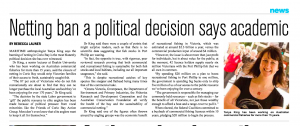 The 87 % of Victorians who do NOT fish recreationally are about to find that they can no longer purchase the local Australian seafood they’ve been enjoying for over 170 years. The closure of netting in Corio Bay will strip Victorian families of their access to fresh, sustainably caught fish. The decision by the Labor government to ‘gift’ the public resource to elite anglers has been made because of political pressure from vocal minorities like the Friends of Corio Bay Action Group (the president of which runs a recreational hire boat company). Most don’t even know that elite anglers want to keep it all for themselves.
The 87 % of Victorians who do NOT fish recreationally are about to find that they can no longer purchase the local Australian seafood they’ve been enjoying for over 170 years. The closure of netting in Corio Bay will strip Victorian families of their access to fresh, sustainably caught fish. The decision by the Labor government to ‘gift’ the public resource to elite anglers has been made because of political pressure from vocal minorities like the Friends of Corio Bay Action Group (the president of which runs a recreational hire boat company). Most don’t even know that elite anglers want to keep it all for themselves.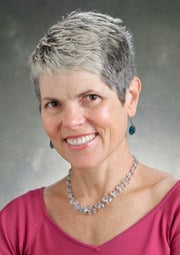 Abstract
Abstract
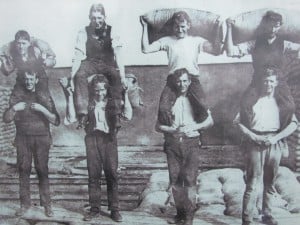
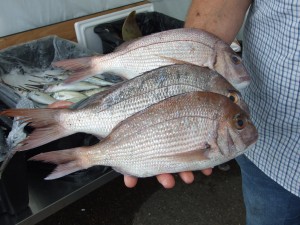
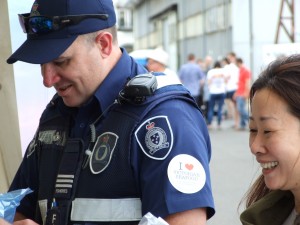
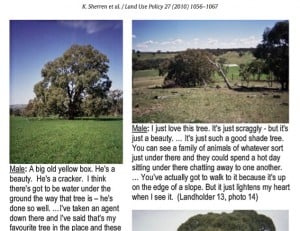
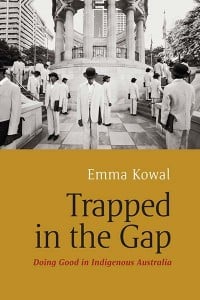 happens when well-meaning people, supported by the state, attempt to help without harming. ‘White anti-racists’ find themselves trapped by endless ambiguities, contradictions, and double binds — a microcosm of the broader dilemmas of postcolonial societies. These dilemmas are fuelled by tension between the twin desires of equality and difference: to make Indigenous people statistically the same as non-Indigenous people (to ‘close the gap’) while simultaneously maintaining their ‘cultural’ distinctiveness. This tension lies at the heart of failed development efforts in Indigenous communities, ethnic minority populations and the global South. This book explains why doing good is so hard, and how it could be done differently.
happens when well-meaning people, supported by the state, attempt to help without harming. ‘White anti-racists’ find themselves trapped by endless ambiguities, contradictions, and double binds — a microcosm of the broader dilemmas of postcolonial societies. These dilemmas are fuelled by tension between the twin desires of equality and difference: to make Indigenous people statistically the same as non-Indigenous people (to ‘close the gap’) while simultaneously maintaining their ‘cultural’ distinctiveness. This tension lies at the heart of failed development efforts in Indigenous communities, ethnic minority populations and the global South. This book explains why doing good is so hard, and how it could be done differently.